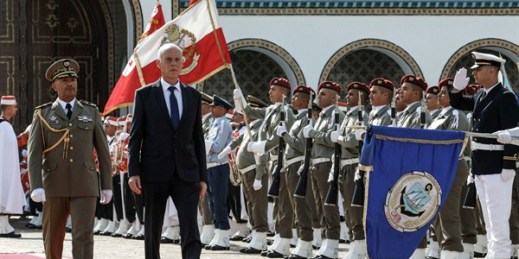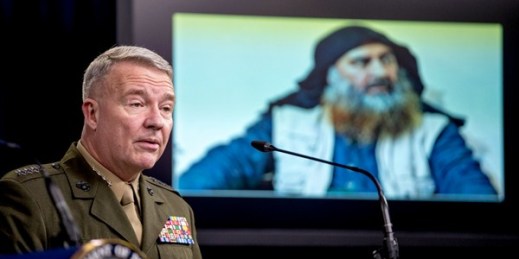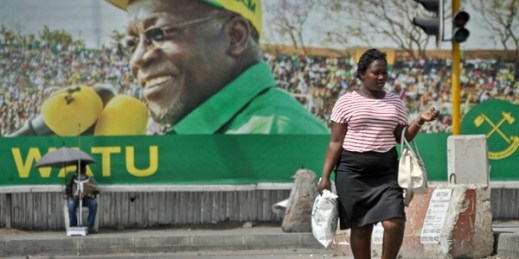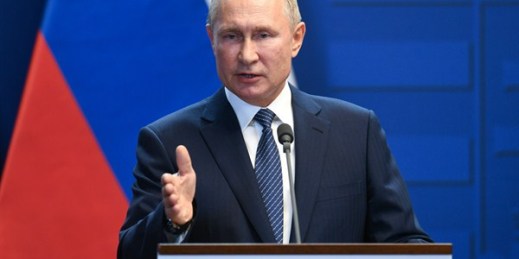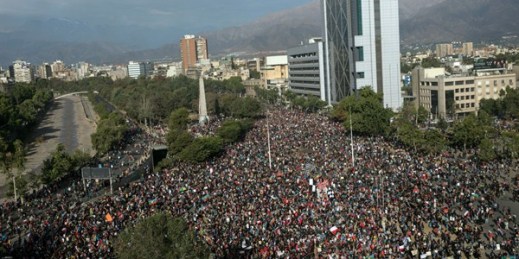
For the Latin American right, Chile is a model country that gives credibility to their pro-market policies and reassures citizens that these policies can be socially inclusive. Conservative leaders from Argentina’s outgoing, center-right president, Mauricio Macri, to Brazil’s far-right president, Jair Bolsonaro, have lauded Chile as an example for their relatively closed economies to emulate. Yet the unexpected eruption of popular protests and the repressive security response that has cost the lives of at least 18 demonstrators have shaken the country’s image as a stable democracy, while raising questions about the downsides of those pro-market policies and the lingering legacy […]

